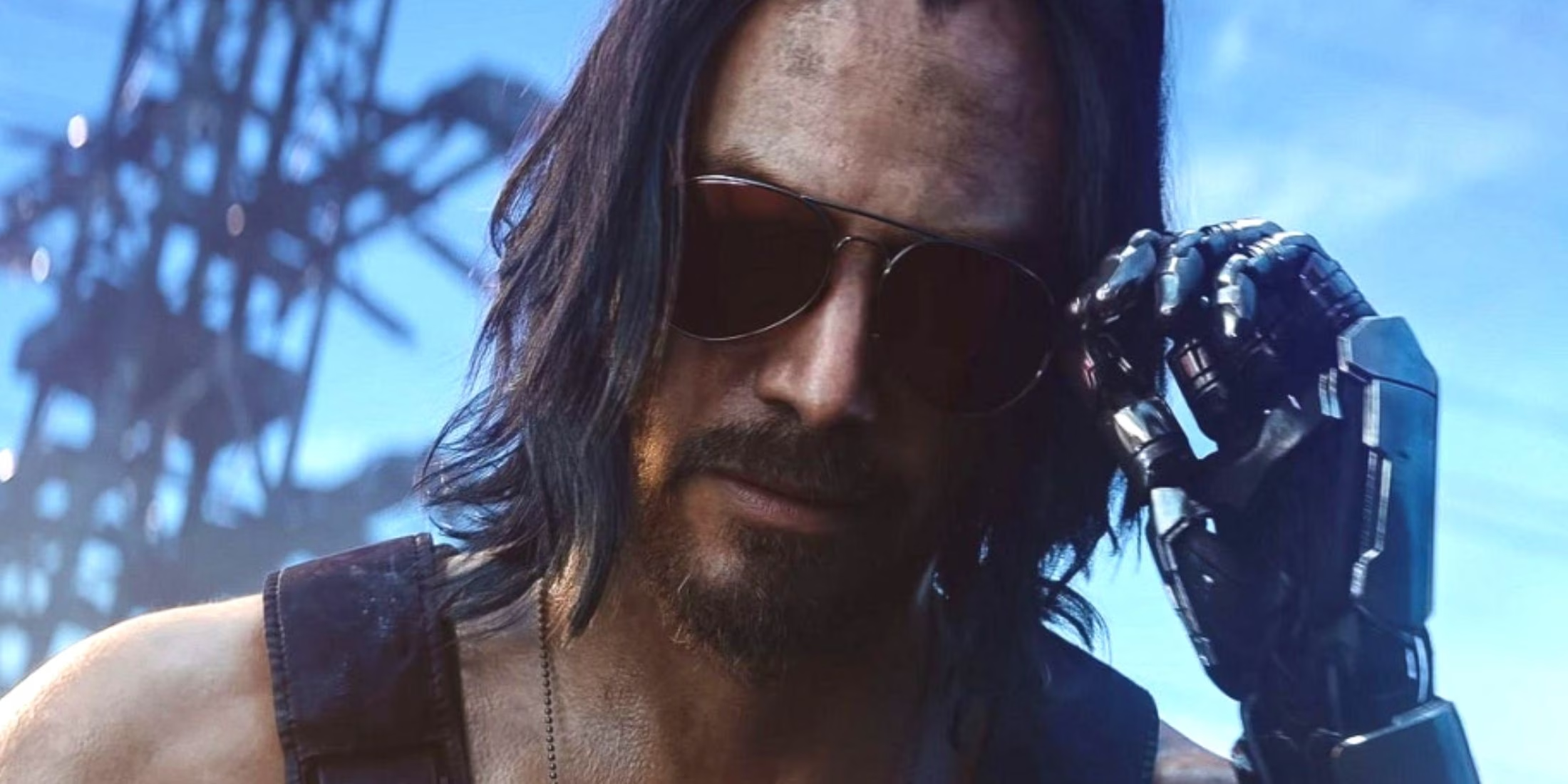Cyberpunk 2077's Project Orion: V's Potential Future as the New Johnny Silverhand
Explore Cyberpunk 2077's sequel, Project Orion, blending narrative innovation and player choice with the intriguing concept of V's neural engram for an immersive experience.
As we approach the midpoint of 2025, anticipation continues to build around the future of CD Projekt Red's dystopian universe. Project Orion, the codename for Cyberpunk 2077's sequel, remains shrouded in mystery, particularly regarding how it will navigate the complex narrative web left by its predecessor. The multiple endings of the original game present a unique storytelling challenge that has sparked intense speculation among the cyberpunk community.
The V Dilemma
The varied conclusions to V's journey in Night City create a fascinating conundrum for developers. How does one continue a story where the protagonist's fate branches into dramatically different outcomes? Some players witnessed V ascending to legend status, others saw a more somber conclusion, and each player feels their ending represents their canonical experience.

While many fans hope to see V return as the main character, this approach carries significant risks. Would continuing V's story directly undermine the weight of the choices made in the first game? And more practically, which version of V would become canon—the one who merged with Johnny, the one who found peace with the Nomads, or perhaps the one who surrendered their body?
The Neural Engram Solution
There is, however, an elegant narrative solution that would honor the original while charting new territory: V could assume Johnny Silverhand's role in the sequel. Imagine a new protagonist in 2077's universe, struggling with their own challenges, who suddenly finds their consciousness sharing space with V's neural engram. The irony would be delicious—V, once the unwilling host to Johnny's digital ghost, now becoming the very thing they once resisted.
This approach offers several advantages:
-
Narrative Continuity: It acknowledges V's journey without having to declare one ending canonical
-
Thematic Resonance: It reinforces the game's exploration of identity and consciousness
-
Player Connection: It allows emotional investment to carry forward while introducing fresh characters
The neural engram concept also elegantly addresses the gender choice issue from the original game. Players could potentially select which version of V's engram appears—male or female—allowing their experience with the original to feel connected to the sequel.
A New Protagonist's Journey
What kind of character might find themselves hosting V's digital ghost? Perhaps a corporate security specialist who unwittingly becomes entangled in a conspiracy involving stolen engrams? Or maybe a nomad who discovers V's engram in abandoned Arasaka tech? The possibilities are as vast as Night City itself.
Would V be as antagonistic as Johnny initially was, or would their experiences with Silverhand have tempered their approach? Could they serve as mentor rather than adversary? These questions offer rich territory for storytelling that both honors and expands upon the original.
The Waiting Game
Let's be realistic—we're likely years away from experiencing Project Orion firsthand. With The Witcher 4 currently commanding CD Projekt Red's primary attention, Cyberpunk's sequel remains in early development. After the notorious launch challenges of the original game (though they've since been admirably addressed), the studio will surely take their time to ensure Project Orion arrives in optimal condition.
But isn't the wait part of the experience? The anticipation, the theories, the hopes for what might be—these elements have always been integral to gaming culture. And in a world where instant gratification is increasingly the norm, perhaps there's something cyberpunk about the patience required.
Future Implications
Looking beyond just the narrative choices, what might Project Orion tell us about the future of gaming itself? By 2025, we've already seen significant advances in AI-driven storytelling and procedural content generation. Could Project Orion incorporate these technologies to create a truly adaptive narrative that responds not just to binary choices but to the full spectrum of player behavior?
And what of the sociopolitical commentary that has always been central to the cyberpunk genre? As wealth inequality, corporate power, and technological surveillance continue to shape our real world, how might Project Orion's Night City reflect our evolving anxieties?
The beauty of cyberpunk has always been its ability to use the future to examine the present. As we wait for Project Orion, perhaps we should ask ourselves: what aspects of our current reality deserve the scrutinizing lens of Night City's neon-soaked critique?
The Legend Lives On
Whether V returns as protagonist, digital ghost, or merely a legend spoken of in hushed tones at Afterlife, their impact on the cyberpunk universe is indelible. Project Orion has the opportunity to build upon this legacy while charting its own course through Night City's dangerous streets.
In the end, isn't that what makes a true legend? Not just their deeds, but how those deeds echo through time, inspiring and influencing those who come after? V's story may have concluded in Cyberpunk 2077, but their legend—like all great legends—has the potential to transcend their original narrative and become something greater.
As we continue to wait for more concrete details about Project Orion, one thing remains certain: Night City never sleeps, and its stories are far from over. The only question is which ones we'll get to experience next. 🌆🤖💉